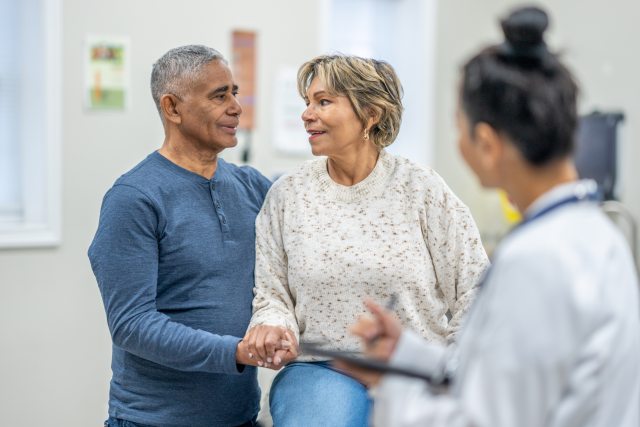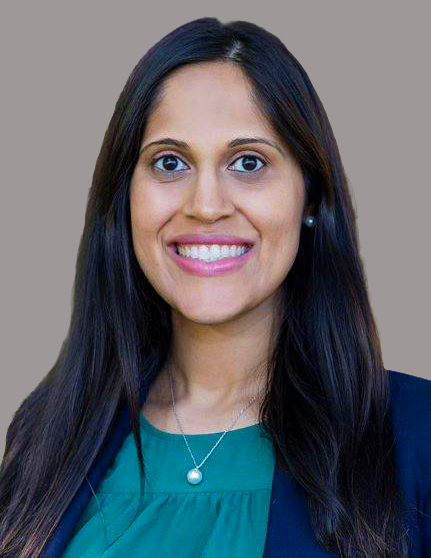Which of these cancer screenings should you get?

Are you missing a screening? Talk with your doctor about catching up.
Are you caught up on cancer screenings recommended for you?
It’s not uncommon to be overdue for a screening. In fact, about 1 in 3 adults hasn’t yet had a colorectal screening and 1 in 5 women needs a mammogram, according to the Centers for Disease Control and Prevention.
Why cancer screenings are important
People can have cancer and feel no symptoms in early stages.
A screening, especially for the most common cancers affecting people in the Pacific Northwest, is the best way to find a cancer.
“We want to catch all types of cancer early, but especially the cancers that cause the highest number of deaths such as lung, colorectal and breast cancer,” says Nina Dhami, MD, a radiation oncologist at PeaceHealth in Vancouver, Washington.
Make time for cancer screenings
Early detection of cancer through screening significantly improves the chance of being treated or cured.
“Finding lung, colorectal and breast cancer at an early stage allows for less aggressive treatment, which can help patients live better and longer,” shares Victor Gonzalez, MD, radiation oncologist at PeaceHealth in Bellingham, Washington.
Until new methods are available to find cancers in the body, getting regular recommended screenings and taking steps to prevent cancer are your best defense.
If you’re due for more than one screening, ask your doctor which one to have done first.
Many screenings are relatively simple and take just a few minutes. Health insurance may pay part or all costs related to preventive services, if your doctor recommends it. Check with your plan to verify your coverage and what your out-of-pocket expenses might be.
Common cancer screenings
Following are the most common screenings that should be considered by many adults:
- Breast cancer – this screening involves a physical exam and may include mammography. Mammograms are generally recommended for women 40-74 years of age. It takes about 30 minutes to get a mammogram. These are often done once a year, depending on your risk factors.
- Cervical cancer – this screening involves a physical exam (pap smear) by a primary care or obstetric/gynecology provider. This is recommended for women age 21-65. A pap smear is usually done as part of a yearly physical exam, which takes 30-45 minutes. The screening may be done less often — possibly every three years — depending on your risk factors.
- Colon cancer – this screening may be done using a non-invasive stool test and/or an outpatient procedure called a colonoscopy. Colorectal screenings are recommended for all adults 45-75 years old, or earlier if this cancer runs in your family. Preparing for the colonoscopy begins a few days before the day of the test. It takes a few hours for the procedure and recovery. After the initial colonscopy, it’s usually repeated every five to 10 years, depending on your risk factors.
- Lung cancer – this screening involves a CT scan. This is recommended for any adult age 50-80 years who has smoked or been exposed to other substances that can harm your lungs. You don’t have to do anything to prepare. The test takes 30-60 minutes. For someone who is at risk of lung cancer, it should be done every year.
- Prostate cancer – this screening involves a blood test. It’s recommended for men age 50 or older; however, those at higher risk should have it done at 40 or 45. It takes a few minutes for the blood draw and a few days for the results. Guidelines for when and how often to get screened are based on your age and other risk factors.
- Skin cancer – this screening involves a physical exam and may be done during a yearly check-up with your PCP or dermatologist. It’s generally recommended for adults 35-75 years old. It takes 30 minutes or less. The screening should be done once a year or as recommended by your doctor.
Talk with your primary care provider about these or other recommended cancer screenings based on your age, medical history or family history.







